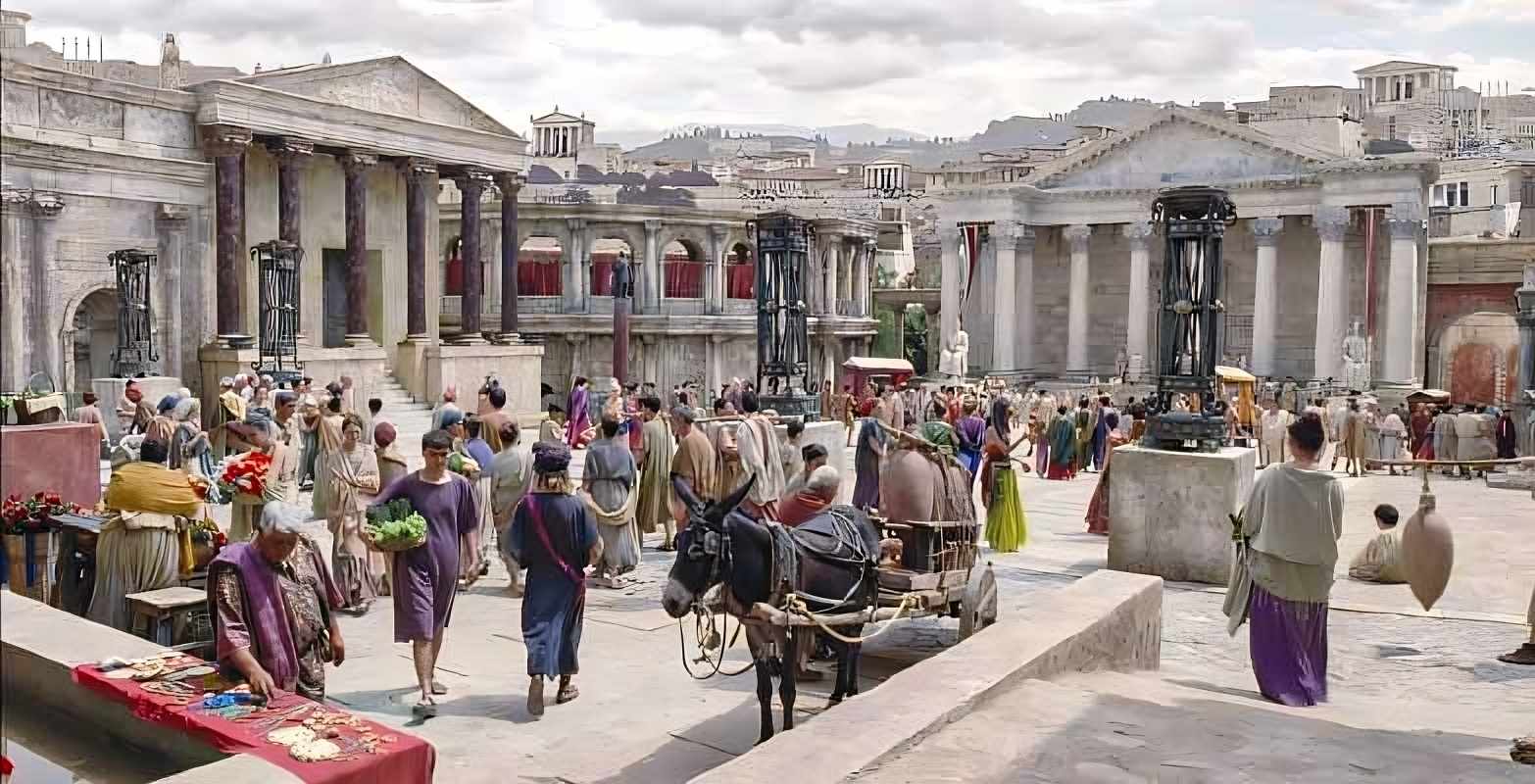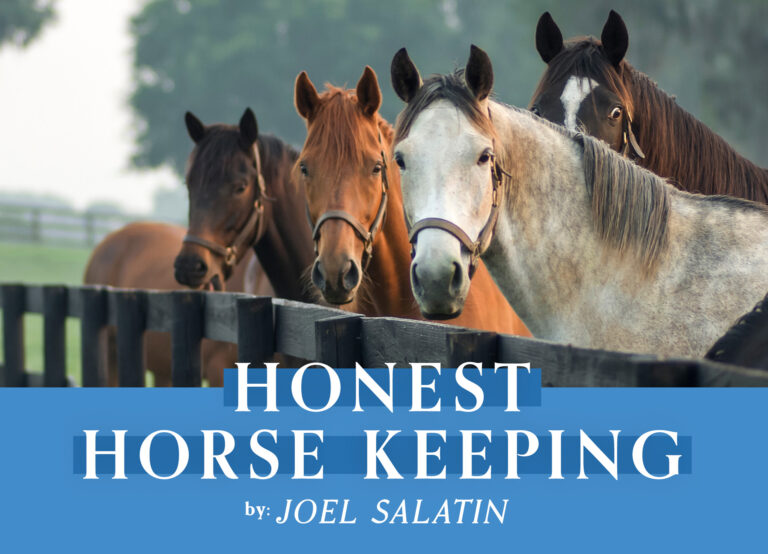Our purchasing decisions have massive implications beyond simply satisfying our immediate needs or desires. When we buy a product or support a business we inadvertently contribute to the values and principles these businesses uphold. This in turn influences the culture which then influences political action in our society.
Recently we’ve seen tremendous success with boycotting woke corporations who shove degenerate propaganda in our faces. A movement of conscious consumers who vote with their wallets is rising up and becoming the driving force behind the formation of a parallel economy and culture. If you are serious about enacting tangible change and very real financial consequences to our enemies you need to start thinking less about rigged political theatre and more about conscious commerce.
Over the past decade a growing number of people have become increasingly aware of the impact their consumption habits have on society, culture, politics, and the upholding of their personal values. This awakening has given rise to the concept of conscious consumerism, which involves making intentional purchasing choices based on ethical, social, religious, and cultural considerations.
Advertising dollars, especially for large well established brands, are less about selling products and services and more about selling ideas. Bud Light doesn’t need to run ads. You know what Bud Light is. Everyone knows what Bud Light is. So what, if not Bud Light, are Bud Light ads actually selling? If you are paying attention you know the answer: transgenderism. We see how our conscious consumer response to that sales pitched worked out for them.
It’s important to remember that it is not enough to abstain from supporting woke corporations or organizations that undermine our values. We must actively redirect our purchasing power towards those who champion our values. By consciously supporting businesses and people who align with our principles we can send a powerful message that resonates far beyond our individual transactions. Our collective actions can and will shape the culture and encourage a shift towards a more values-driven parallel economy.
In other words: if politics is downstream from culture, culture is downstream from commerce. This has always been the case.
At the heart of Roman society lay a bustling and vibrant hub that played a pivotal role in shaping their culture and politics—the marketplace. The Roman marketplace, or “forum,” was much more than a mere commercial space; it was the epicenter of public life, where ideas, trade, and power converged. The forum was where commerce, culture, and politics intertwined. As a bustling center of trade, it attracted people from all corners of the empire and fostered economic growth. Beyond its commercial significance, the forum served as a social and intellectual hub, promoting dialogue and exchange of ideas. It also held immense political power as the site of important administrative buildings and public addresses.
Like the Roman forum, social media platforms bring together a diverse range of voices and perspectives. People from different countries, cultures, and backgrounds converge on social media, sharing their thoughts, opinions, and experiences. Just as the Roman forum provided a space for dialogue, discourse and commerce, social media facilitates conversations on a global scale, allowing individuals to engage in discussions, debates, and even virtual protests.
Thanks to the internet it has become easier than ever to find businesses and entrepreneurs who share our values. Platforms like Gab, which are dedicated to building a parallel economy, allow us to tap into a network of like-minded organizations and people who can recommend trustworthy and value-aligned businesses while boycotting those who oppose them.
While large corporations often dominate the market it is essential not to overlook the importance of supporting small local businesses. These businesses often have a closer connection to their communities and are more likely to share their customers’ values. By choosing to buy from local artisans, independent stores, and community-based initiatives, we contribute to the resilience of our local economies while supporting people and causes we believe in.
Unfortunately in many areas the reverse is also true. Many small businesses virtue signal with rainbow flags, black lives matter flags, and other regime-approved symbols. This makes it easy for us to mark and avoid those local businesses and instead shift our commerce to the local business owners who share our values.
Conscious consumerism in the parallel economy has the potential to create a ripple effect that extends beyond the realm of commerce. By actively supporting businesses that align with our values we not only provide them with the resources to thrive but also inspire others to follow suit. As more people redirect their purchasing power towards value-aligned businesses and causes, it encourages the growth and emergence of businesses that prioritize our values. This is far more productive than wasting our time and energy following political sideshows.
We need to recognize the power we hold as consumers and seize the opportunity to put our money where our values are. By doing this we can shape a future where our purchasing decisions reflect our deepest convictions and support the causes that truly matter.
The next time you reach for your wallet, remember that your choices have the potential to shape the world. Choose wisely, and let your purchasing power become a force for positive transformation and the growth of a parallel economy.
Andrew Torba
CEO, Gab.com
Jesus Christ is King of kings
Invest and become a shareholder in Gab! Gab is currently selling shares in its business in a Regulation Crowdfunding investment round conducted pursuant to Section 4(a)(6) of the Securities Act of 1933. Click here to be directed to the crowdfunding portal to learn more about the offering.






